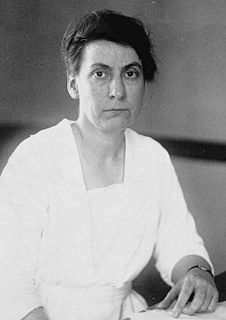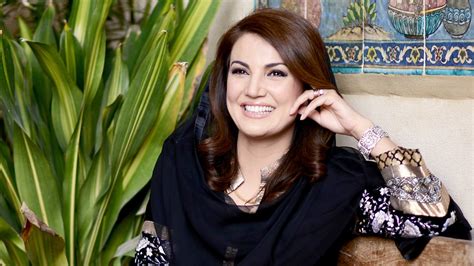A Quote by Timothy Carey
A parenting program should focus on parent's attitudes to themselves, their children, and the relationships they are building with their children.
Quote Topics
Related Quotes
The traditional paradigm of parenting has been very hierarchical, the parent knows best and very top down. Conscious parenting topples [this paradigm] on its head and creates this mutuality, this circularity where both parent and child serve each other and where in fact, perhaps, the child could be even more of a guru for the parent .... teaching the parent how the parent needs to grow, teaching the parent how to enter the present moment like only children know how to do.
I doubt that we can ever successfully impose values or attitudes or behaviors on our children certainly not by threat, guilt, or punishment. But I do believe they can be induced through relationships where parents and children are growing together. Such relationships are, I believe, build on trust, example, talk, and caring.
Children, it should be repeated, are not pocket editions of adults, because childhood is a period of physical growth and development, a period of preparation for adult responsibility and public and private life. A program of children cannot be merely an adaptation of the program for adults, nor should it be curtailed during periods of depression or emergency expansion of other programs.
Labeling people single parents, for example, when they may in fact be co-parenting - either with an unmarried other parent in the home or with an ex-spouse in a joint custody situation - stigmatizes their children as the products of 'single parenthood' and makes the uncounted parent invisible to society.
What is less often noticed is that it is precisely the kind of moral instruction that parents are constantly trying to give their children — concrete, imaginative, teaching general principles from particular instances, and seeking all the time to bring the children to appreciate and share the parent's own attitudes and view of life… The all-embracing principles of conduct
Women without children are also the best of mothers,often, with the patience,interest, and saving grace that the constant relationship with children cannot always sustain. I come to crave our talk and our daughters gain precious aunts. Women who are not mothering their own children have the clarity and focus to see deeply into the character of children webbed by family. A child is fortuante who feels witnessed as a peron,outside relationships with parents by another adult.


































